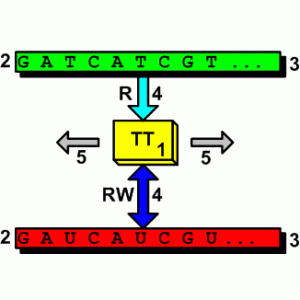Hatred of Religion By Materialists More Virulent Than Previously Thought Possible
See update at the end of this post. In the comment section to the last post Bill Dembski alluded to an NSF staffer who attempted to justify surfing porn at work. The staffer’s justification: he was only trying to help provide a living to poor overseas women. Denyse O’Leary suggested that if this loser had really wanted to help poor women overseas he could have made a donation to any of the various religious orders that actually help poor women overseas instead of participating in ensnaring them in sexual slavery. Dembski responded by posing tongue-in-cheek the following question: Denyse, You raise an interesting question for Richard Dawkins: If we had to choose one or the other, helping “poor overseas women” by Read More ›
